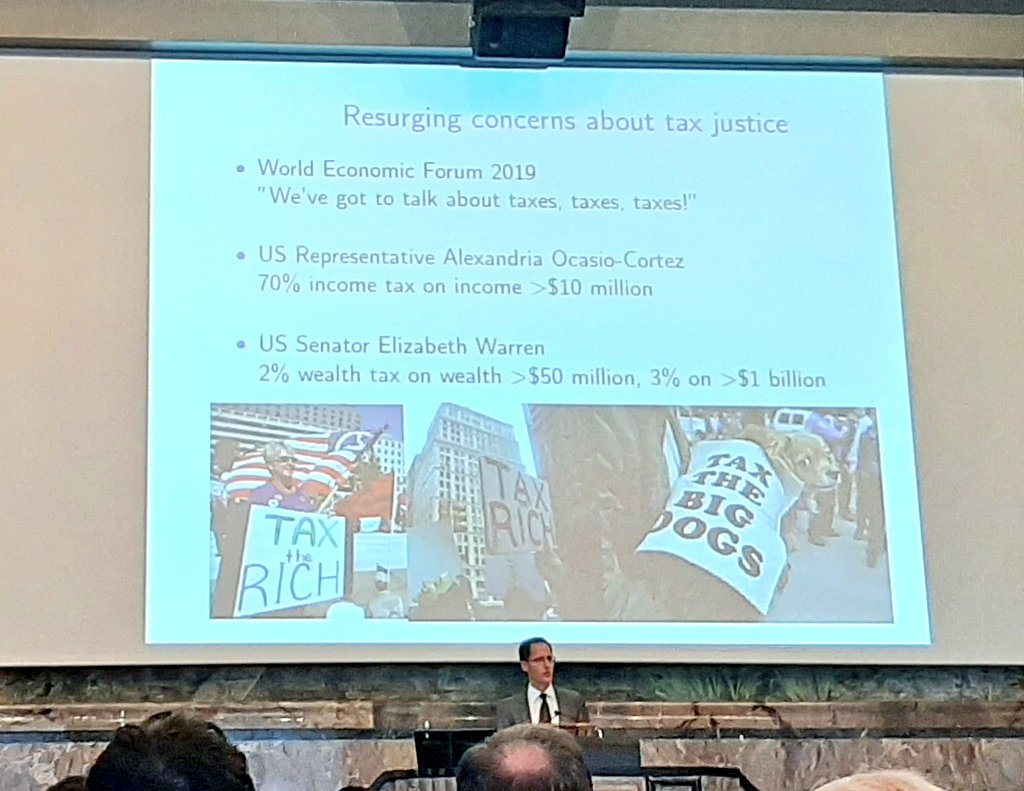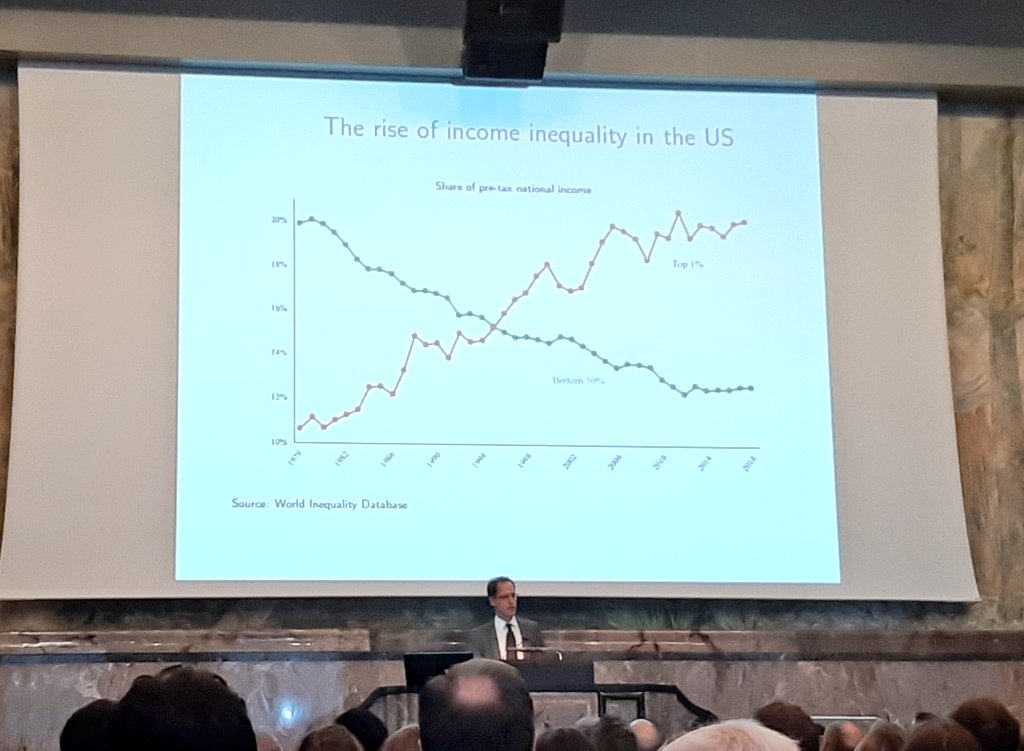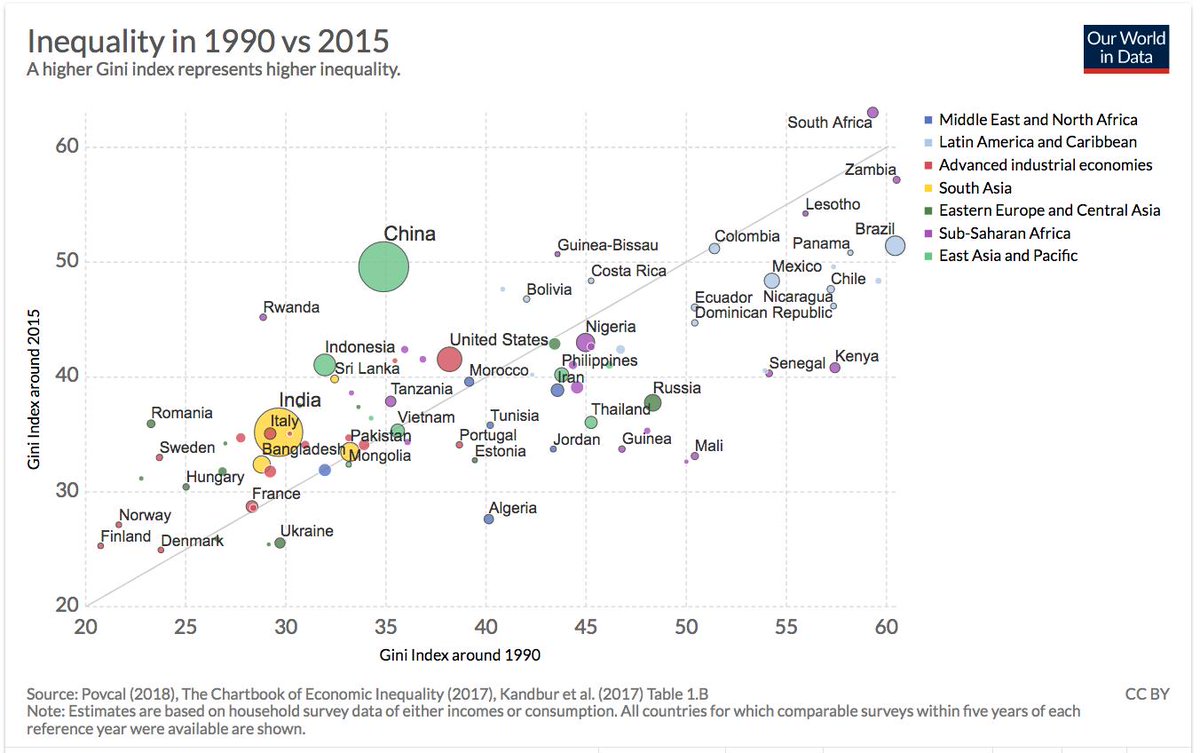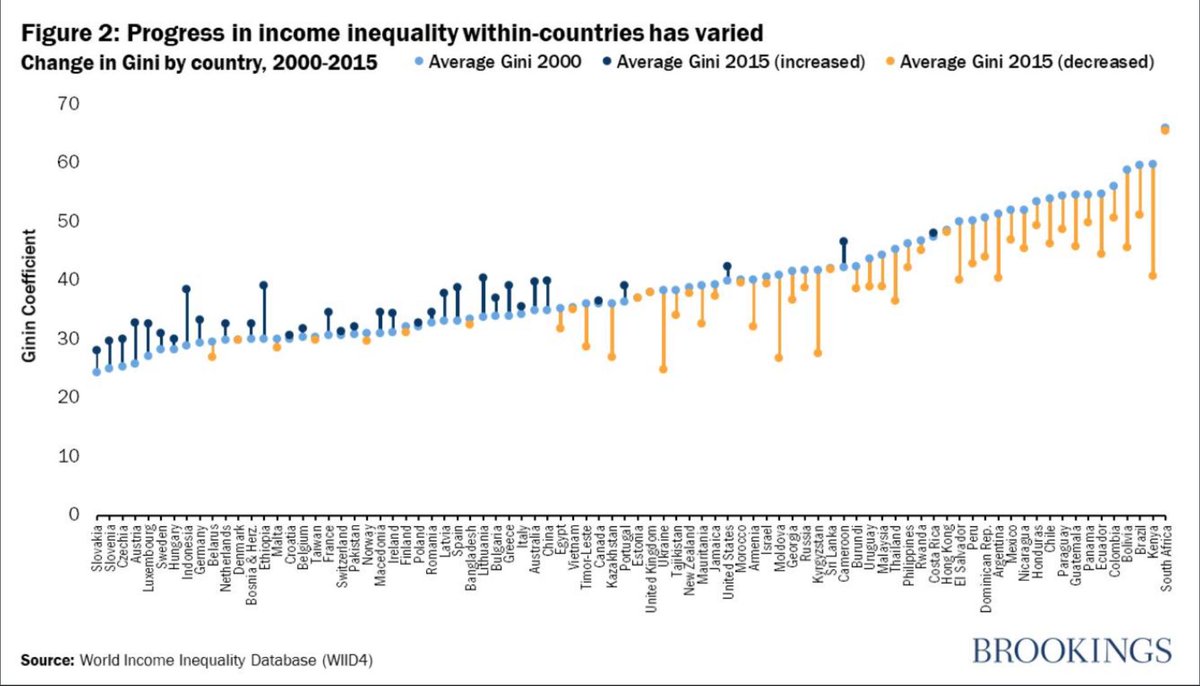I really appreciate this opportunity for dialogue. This is going to be quite a long thread, as I wanted to take this seriously. Maye not ideal for Twitter.
1/n
1 Points of agreement
2 Points where I perceive development econ differently from how I understand you to perceive it
3 Pros & cons of current development econ style compared to past
4 Spaces for development econ to improve in future
2/n
My sense is we agree that
-understanding global mechanisms, not just small interventions, is important
-there are many important questions that cannot be answered by RCT
3/n
-racism and sexism in economics, in international development (and elsewhere) should be addressed more
4/n
-many rich people going to poor countries are not cognizant of the role of these power imbalances
5/n
- ethical considerations in “field” research are very important to take seriously
- there is nothing embedded in RCTs that forces those who use them to assume neoclassical models
6/n
7/n
My experience (which may or may not be representative) however tells me otherwise.
8/n
Nor that RCTs entirely dominate development economics.
This blog blogs.worldbank.org/impactevaluati… for example finds that much less than half of development econ uses RCTs.
9/n
10/n
Some recent work by Raj Chetty in the US points in that direction.
11/n
In my own work, I have done RCTs on domestic tax enforcement on small and medium size firms in Chile, …
12/n
13/n
It has been my experience that exactly for that reason, this research has been met with a lot of interest by mainstream development and public finance economist.
14/n
15/n
16/n
Indeed, whether or not you can identify mechanisms is a key factor for whether a papers makes it into a “top” econ journal.
17/n
My experience however has been that the trend is to look exactly more and more at institutions and mechanisms.
18/n
That’s why there's so much talk about replication & mechanisms. I think we already discussed this earlier on Twitter
19/n
Personally, I like the current empirical emphasis. Reasonable people can of course disagree on that. My sense is that the empirical focus is exactly what led us to go beyond rationality, etc.
20/n
At the same time, there should of course also be space for work that is focused on description or measurement, not causality.
21/n
What I am very concerned about regarding past behavior is that powerful economists showed up & forced very strong, sweeping reforms, based on very thin empirical evidence.
22/n
My hope is that the empirical focus on causal inference can protect us to some degree from that.
You may not agree, and may call me naïve for thinking so.
23/n
I think this has led economists to ask questions that are more related to real people’s lives.
24/n
First, as you point out, when people from rich places intervene in less advantaged places there is a lot of power at play.
25/n
Both in how foreigners interact with people “on the ground” & in how economists reflect on our role when entering other communities.
26/n
One key tangible aspect I see for that is that representation is really lacking.
27/n
The faces in the room at leading development economics conferences in no way reflect the countries that the studies are conducted in.
28/n
29/n
While my sense is that economists who do field work are actually often more open to that than econ was in the past, I agree there is certainly scope for improvement.
30/n
But I see a lot of untapped potential in more dialogue with ethnologists, sociologists, etc.
31/n
31/n
Thanks again for being interested in my perspective!
/end















